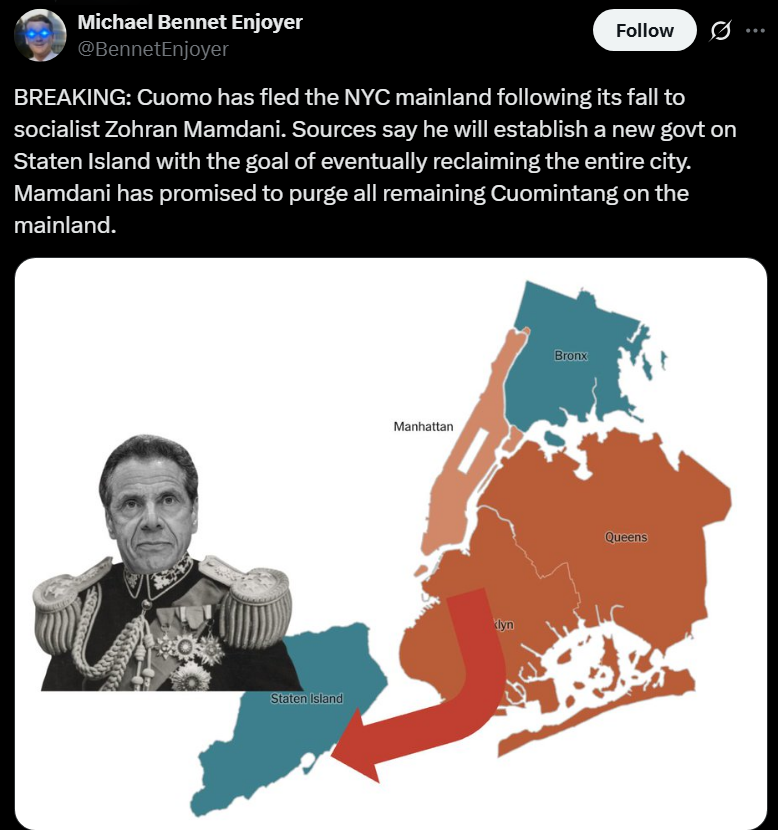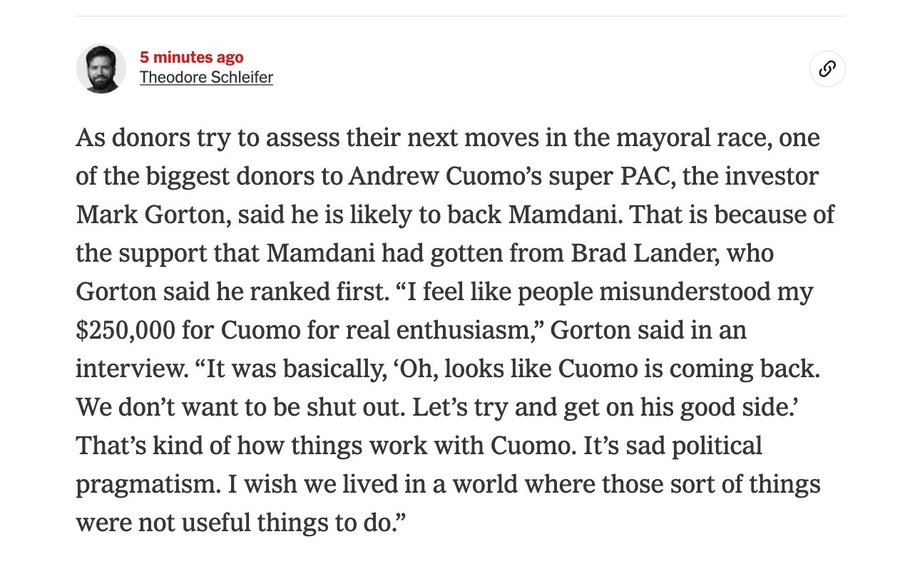bellona0544
Well-Known Member
I'd love for you to show me ten Fortune 500 companies where the CEO-lowest paid worker pay disparity is less than 30x, and that is carbon negative, and that hasn't had a massive governance scandal in the past 10 years. I would argue that any company that doesn't do at least those basic things in today's day and age is wildly unethical and pretty definitive proof that a company can't rise to that level without one of a few things:Please don't lump all the fortune 500 companies together. How did you determine that the executives were having $500 business lunches every day? Hyperbole? I didn't say I was immune to to these companies. I said I could choose. For example I do not own any Apple products. At least they provide items that we desire. What products (aside from services) does the government offer the public.
Not much of a hunter. I'd starve in no time!! Tried the string and can when I young. It didn't go to the well, but it was fun trying.
1. Massive pay disparities indicating worker exploitation (because you'll notice that their profits rarely decrease that much with new CEOs and certainly they don't decrease more than when the workers at large strike, indicating to me that the majority of profit comes from the masses of the labor and the CEO can add a few percentage points but literally is incapable of running a company without poorly-paid bodies) is unethical, since the people creating the bulk of the value are receiving comparatively low pay against the executive suite.
2. Poor corporate citizenship as they accelerate the climate crisis that is a literal mass extinction-level event. Anyone who has the level of power to change a huge organization's carbon output and then DOESN'T do it for any reason in 2025 is explicitly contributing to huge, almost unprecedented losses in biodiversity, and we are at a point of knowledge with greenhouse gases that there is no one who can pretend they "didn't know better". Any organization that exacerbates the greatest threat humans have ever faced is consciously choosing harm, and that is a succinct way to define evil. (And when I say the greatest threat humans have faced, I really mean the greatest threat our entire taxonomic family has faced, since the last extinction event was before hominidae evolved).
3. Any corporation that has been rocked by any corporate governance scandals in ten years has shown that they've had poor executive decision-making in the past decade, and that means that several of the executive and middle-management folks who precipitated the scandal are necessarily still there. Attrition after corporate scandals at the highest levels can sometimes be high but typically is fairly low, with a handful of powerful individuals targeted and removed with no change to the underlying corporate structures. I have yet to see, say, Wells Fargo have a scandal that involves their entire executive leadership stepping down and a massive restructuring of corporate policy and culture, and more often than not, a company that has one scandal will have another within a few years.
If you can show me that 10 out of the Fortune 500 companies don't meet any of those criteria, I will congratulate you for demonstrating that at least 2% of the most powerful organizations on the planet have some standards and seek to minimize their harm even if it hurts their profit margin. I will even concede that there are ways to become an extremely powerful organization without being as blatantly evil as possible.
Good luck.












